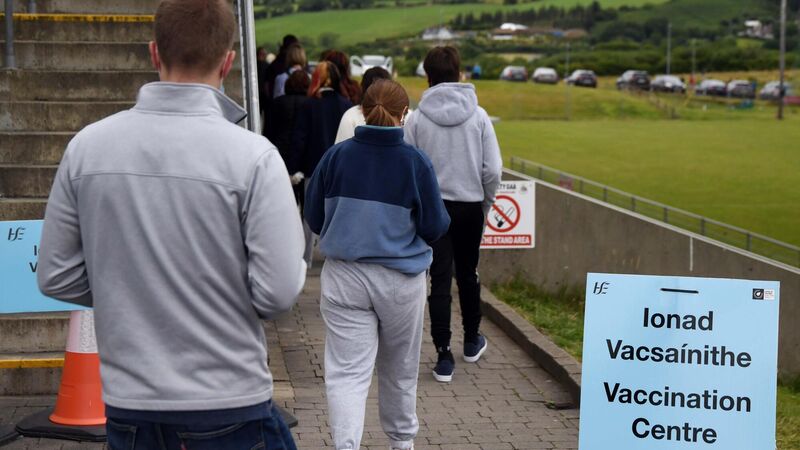Prof Pete Lunn: Vaccine hesitancy is not a black and white issue

Many in the majority can become understandably angry with the minority who refuse to get vaccinated. Picture: Denis Minihane
Ireland’s Covid-19 vaccination programme has been highly successful in persuading people to take a vaccine. This is not an opinion, but a claim backed by data.
The Social Activity Measure (SAM) is a fortnightly study undertaken by the Behavioural Research Unit at the ESRI for the Department for the Taoiseach. Throughout 2021, this measure recorded willingness to take a Covid-19 vaccine, how many doses people have taken it, and satisfaction with the rollout programme.













